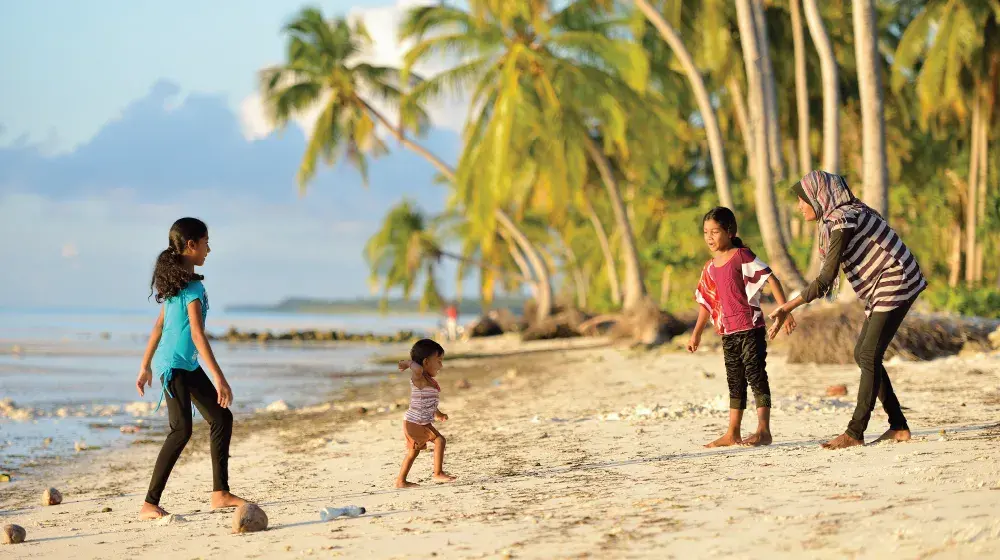Statistics show that over 50 percent of the population in Maldives is comprised of people under the age of 25 years and the largest cohort, about 25 percent of the population, is between the ages of 15 to 25 years. As the Government of Maldives focuses on the needs of youth in its development plans, one key area of relevance is youth and reproductive health.
In her remarks at the National Meeting on the Reproductive Health Strategy, Minister of Health and Gender, Dr. Mariyam Shakeela noted that adolescent-friendly reproductive health information and service is an important aspect that should be addressed in the National Reproductive Health Strategy.
She said that, as a result, young people's reproductive health needs are strategically targeted and these needs will be addressed in the new Reproductive Health strategy being formulated for the period running from 2014 to 2018.
The National Reproductive Health strategy also outlines health sector's coordinated response to gender-based violence and redefines their roles to support the Domestic Violence Act 2012. This Strategy embraces a Primary Health Care approach which outlines strategic interventions for promoting family planning, maternal and new born health care, preventing unsafe abortion, prevention and management of STIs/HIV, and health sector response to GBV.
As key partners, WHO and UNFPA will support the implementation of the National Reproductive Health strategy that aims to address key Reproductive Health issues and challenges in Maldives.
The first National Reproductive Health Strategy for the Maldives was developed from 2005-2007 and a second strategy was formulated for 2008-2010 which was continued to follow until 2013.
Many of the national targets related to maternal and child health in Maldives have been achieved and sustained. However, a lot more needs to be done to establish services with an approach of wide range of care to individuals, families and communities.




